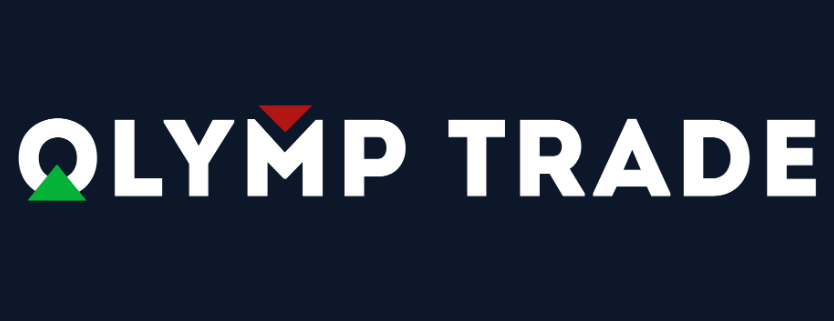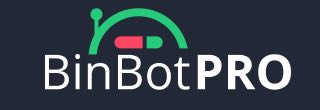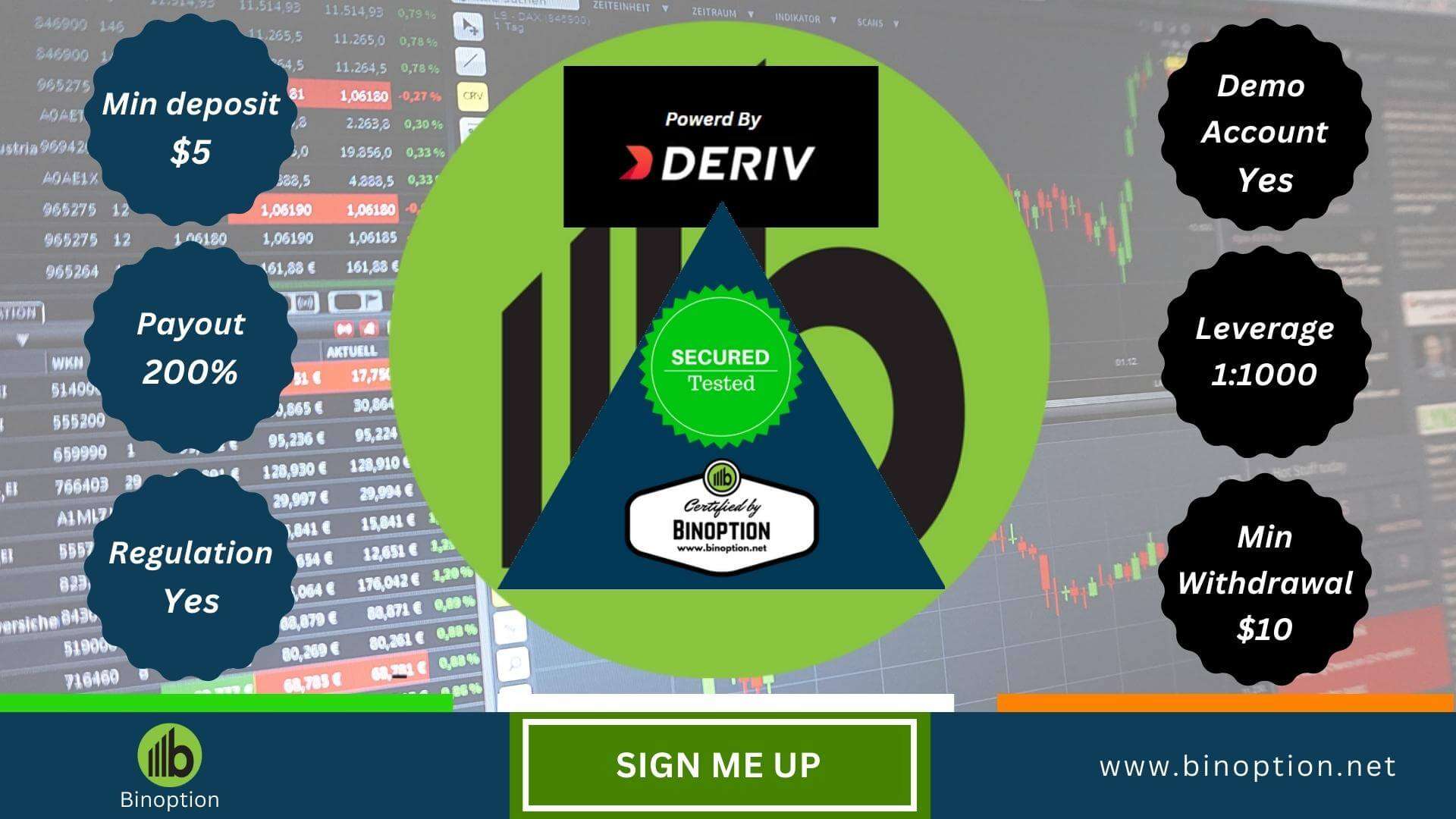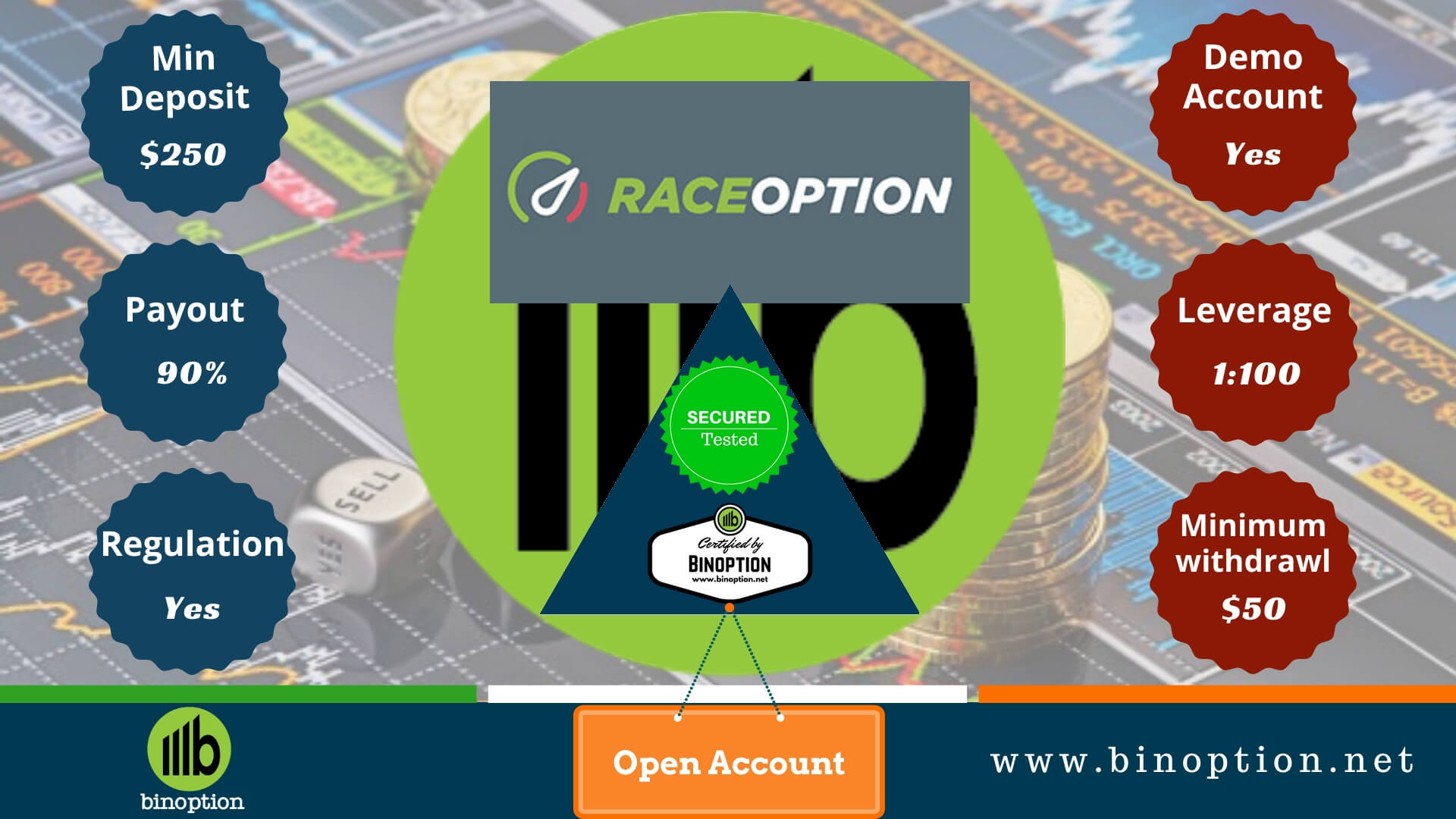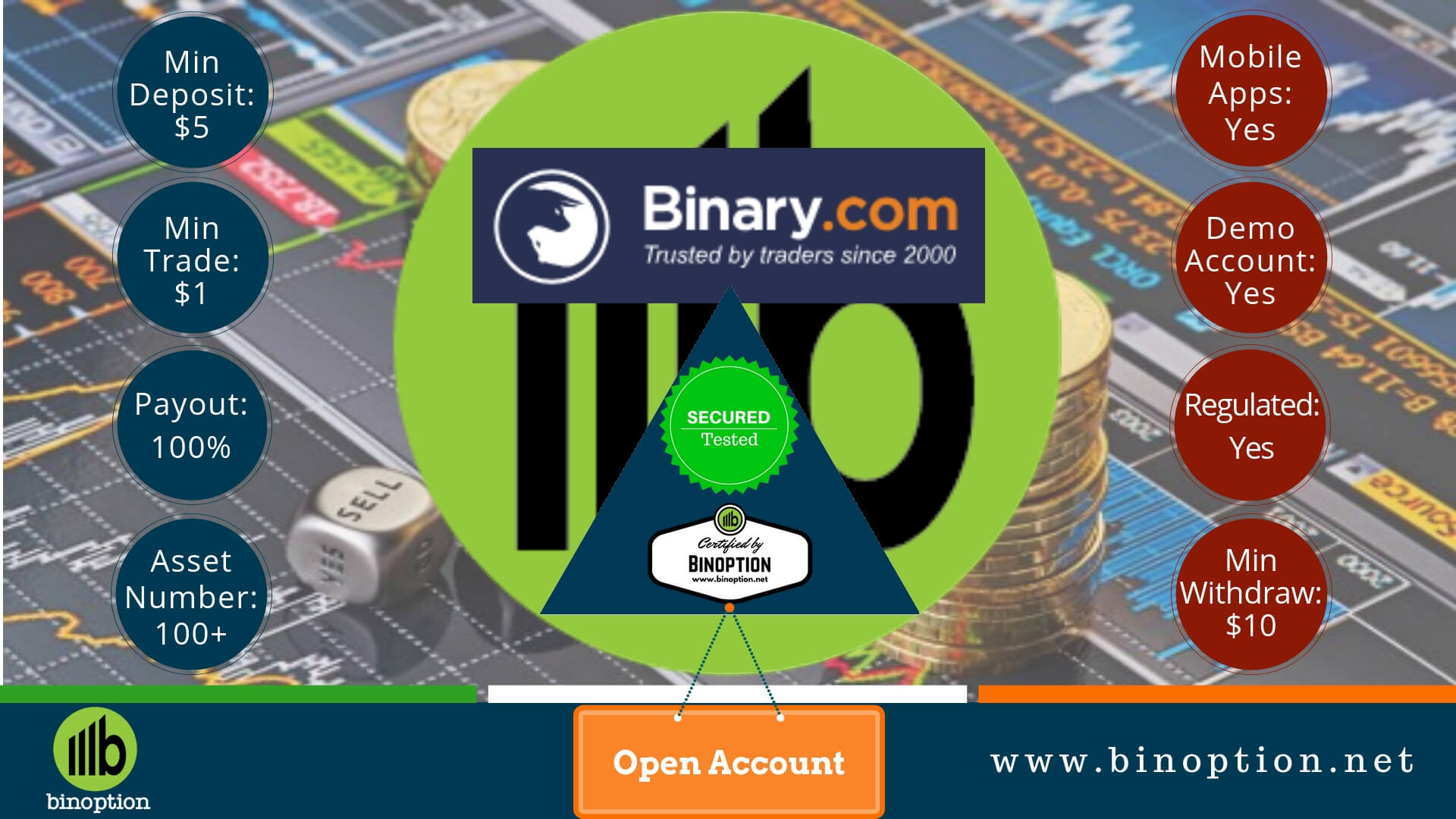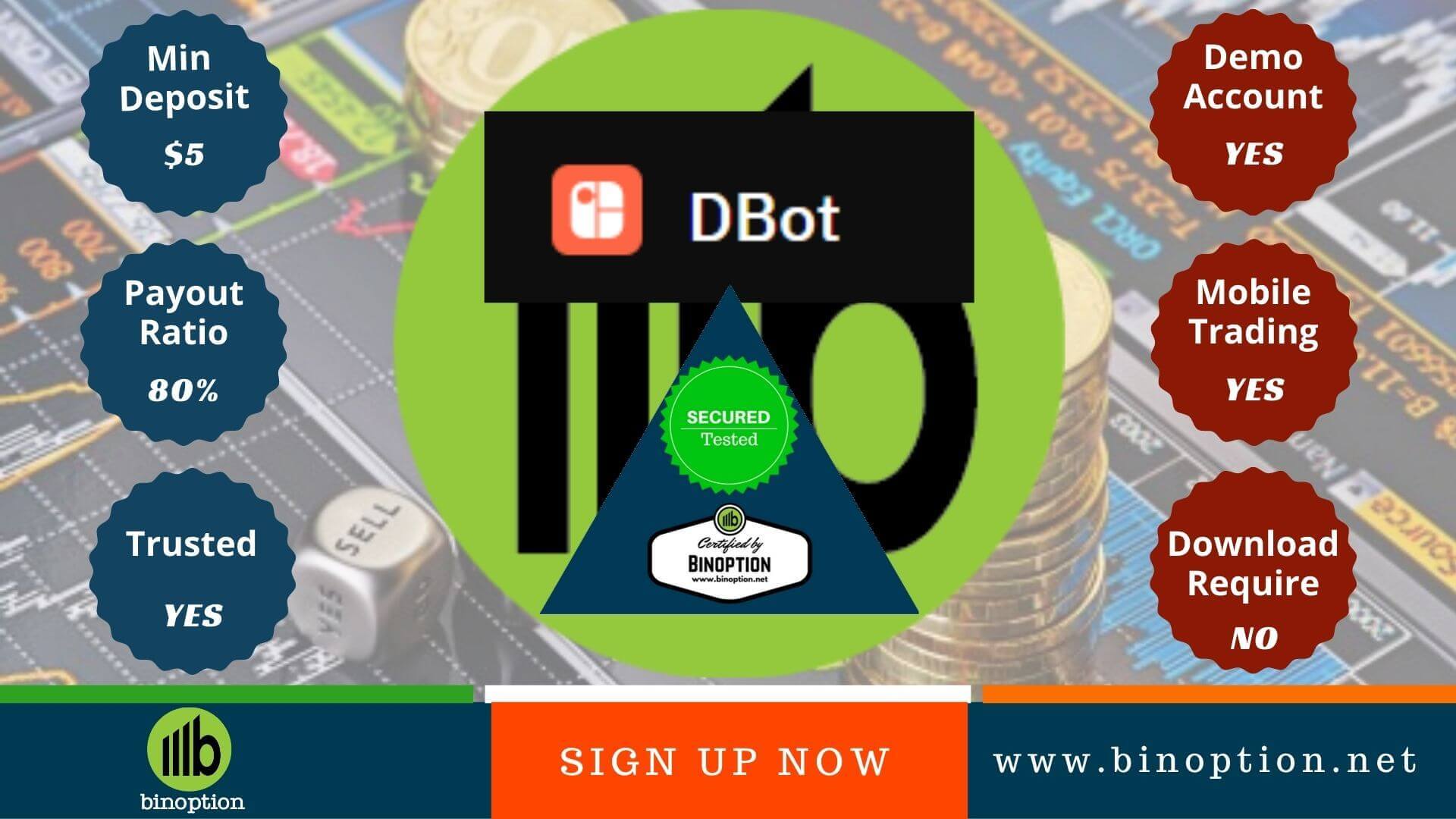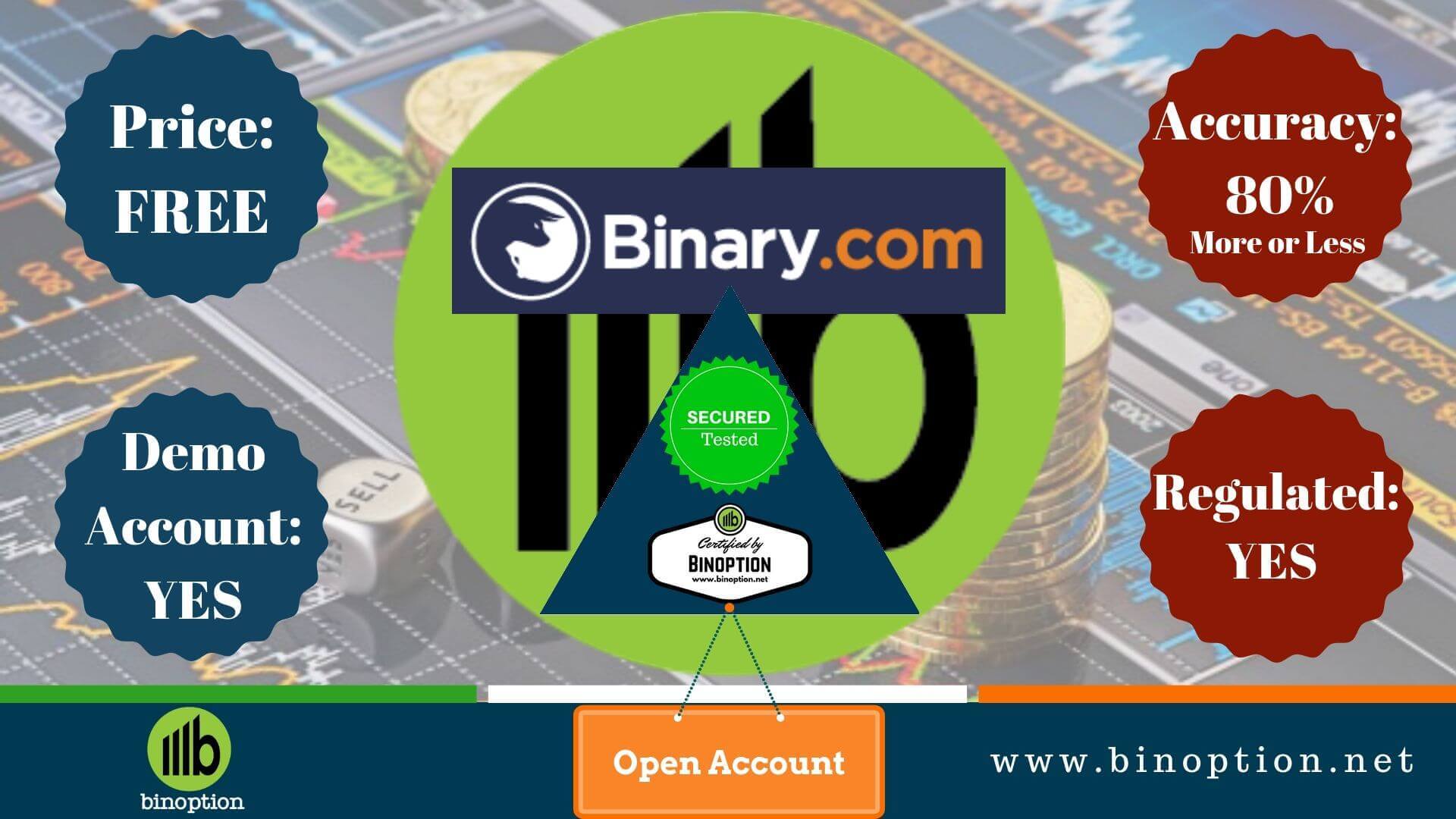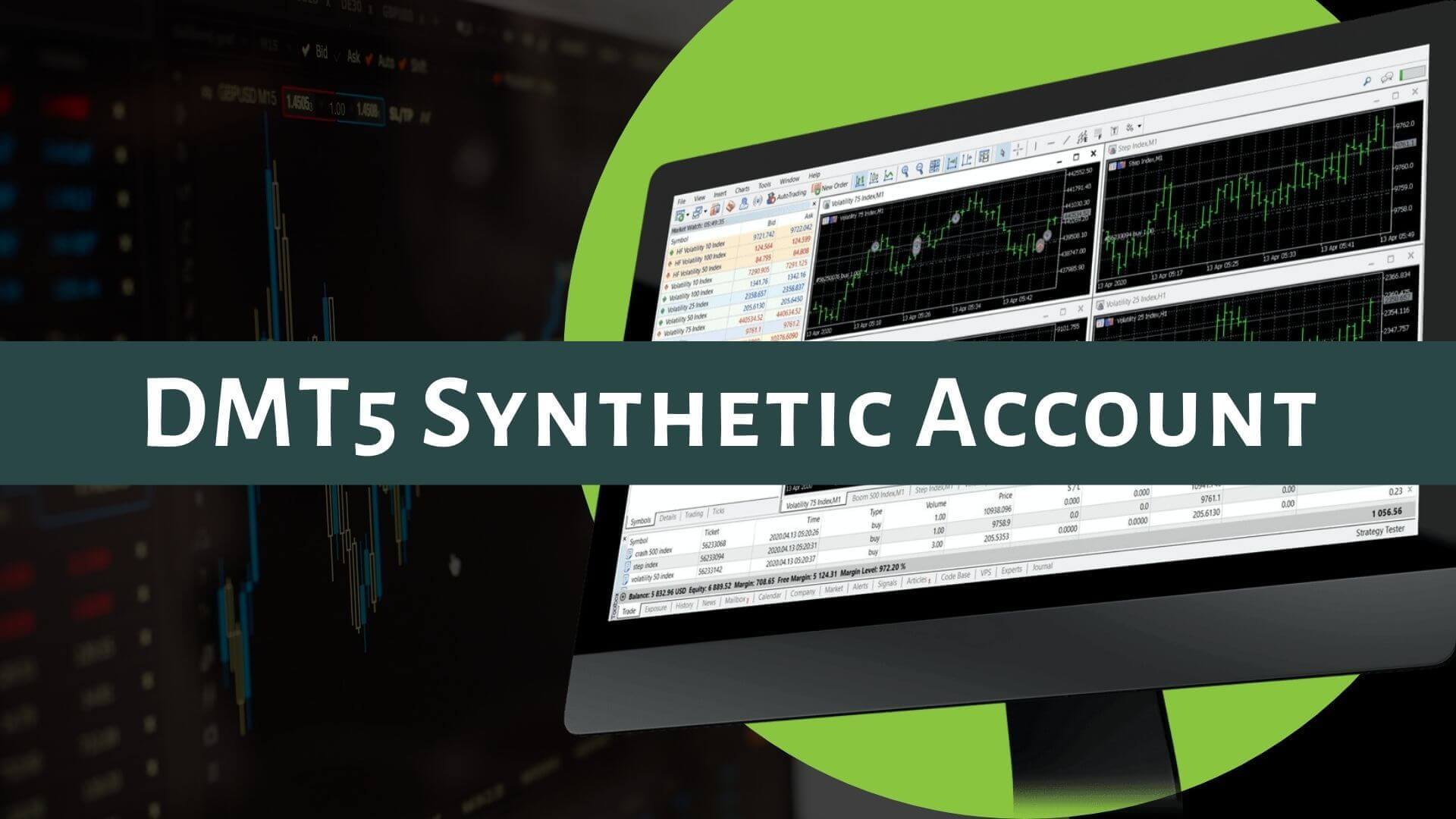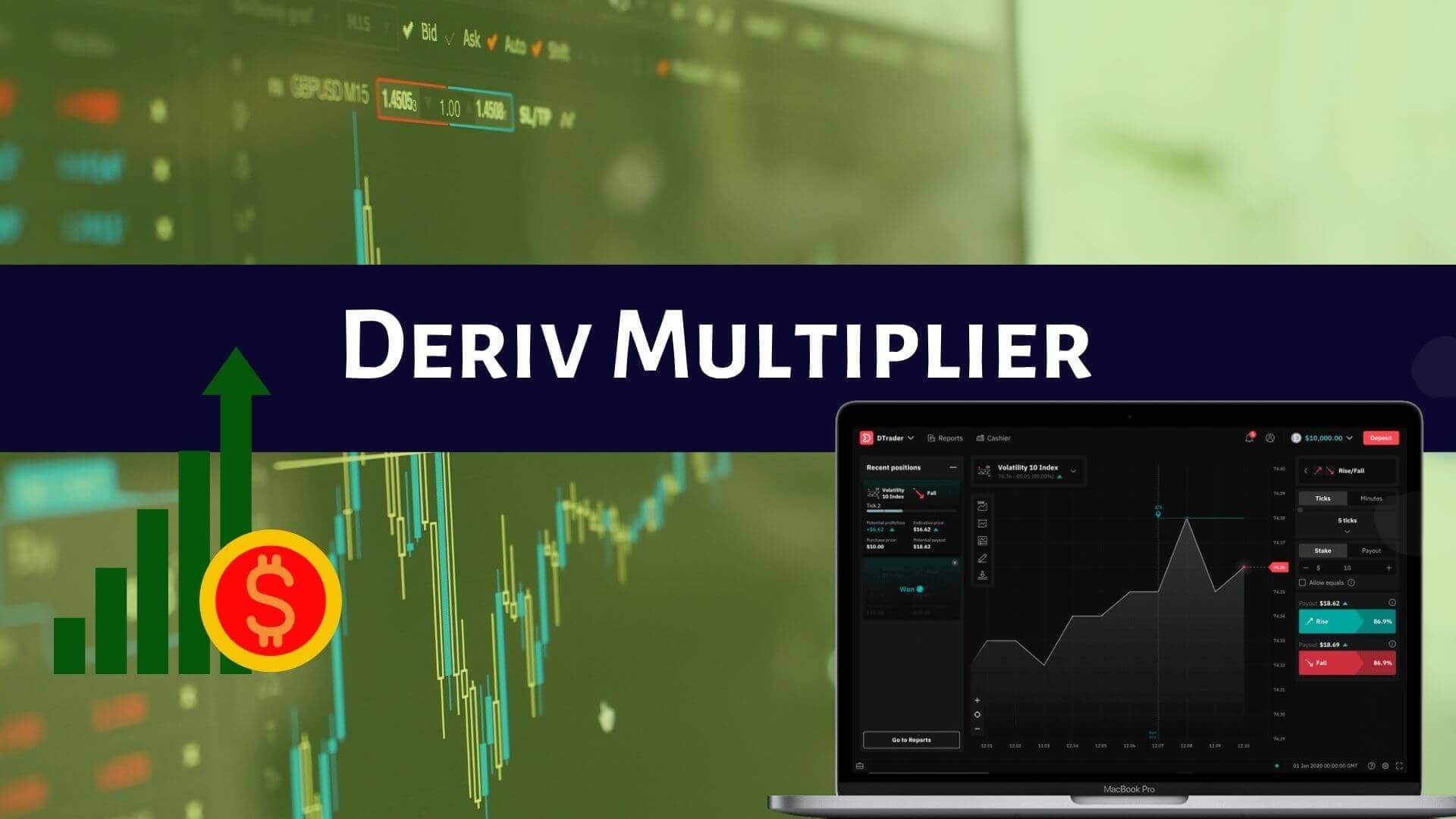The Basics Bull Call Spread Strategy in Binary Options Trading
By definition, a call option gives you the right, but not the obligation to invest or buy a stock or financial asset at the strike rate before the call gets expired.
For most people with limited capital and who want to take a small risk, this is an excellent way to take part in stock that is expected to increase in value.
But what happens if the call premium is too high? In that case, a bull call spread is a solution.
A bull call spread is a binary options strategy that is associated with the purchase of a call option, and the sale of another option with the same expiration date at the same time.
But, here the strike price will be higher for the latter option.
In a bull call spread, the premium that is received for the call purchased is always higher than the premium paid for the call sold.
It means that the introduction of a bull call strategy usually involves an upfront cost, commonly called “debit” in the options trading scene.
This is also the reason that a bull call spread strategy is known as a debit call spread strategy.
Selling a call option at a reduced price offsets part of the cost of the purchased call which lowers the overall cost of the position.
But, the action also puts limits its potential profit margins.
How To Profit From A Bull Call Spread Strategy In Binary Options Trading
When it comes to binary options trading, a bull call spread should be considered in the following trading circumstances:
Calls Are Expensive
Traders only consider a bull call spread if the calls are expensive.
The logic here is that the cash inflow from the short call will fund the price of the long call.
Moderate Upside Of Stocks Is Anticipated
A bull call spread strategy is suitable when investors and traders are expecting the stock price will go up moderately, rather than significant gains.
For investors to get maximum profit from their investments, it would be better for them to hold long calls only on the stocks.
In a bull call spread strategy, the short call caps the gains if the stock appreciates in value substantially.
Risk Is Said To Be Limited
Since a bull call spread strategy is a debit spread, the maximum amount of money an investor might lose is the net premium amount that he or she paid for the position.
Leverage Is Expected
Options are only suitable if there a right amount of leverage is available, and a bull call spread strategy is no exception.
A trader can avail more leverage using a bull call spread instead of purchasing the stock outright for any given amount capital investment.
The Advantages of A Bull Call Spread Strategy In Binary Options Trading
In a bull call spread strategy, the risk is limited only for the total premium paid for the position.
The bull call spread can be designed to fit one’s risk profile.
A conservative trader might be comfortable to opt for a narrow spread in which the differences in call strike prices aren’t set very part apart.
Meanwhile, traders and investors alike who like to take risks may prefer a wider spread to maximize their profit margins, even if it requires them to spend more on the position.
A bull call spread strategy comes with quantifiable and calculated risk-reward profile.
It’s true if the trader’s bullish predictions are correct, there is an opportunity to make substantial gains, but as with all investments and predictions, if it doesn’t work out, the maximum amount of the investments can be lost.
The Risks Of A Bull Call Spread Strategy In Binary Options Trading
Naturally, the success of the bull call spread strategy depends on the accuracy of the investor’s predictions that the price of the stock or financial asset will move, on the strike price of the two options, and on the price difference between the options.
Therefore, the investor should do enough research on the normal price movement of the share, considering into account factors that can influence the whole market and the extent as well as to which changes in the single stock price coincide to those of the entire market.
The trader has the risk of losing the full premium paid for the call spread if the stock or share does not appreciate in price.
The risk, however, can be alleviated by closing the spread before the expiry date, when it’s found that the share is not performing as expected.
This will help the investor and the trader to salvage a part of the capital invested in it.
Selling a call implies that there is an obligation to deliver the stock if you are assigned, and since this can be done by utilizing the long call, a difference of a day or two may exist while settling these trades.
All investors and traders should follow this strategy with a clear understanding of the maximum potential profit and the maximum downside risk.
The contracts and other relevant details of the options should be clear.
The Bottom Line
The bull call spread is a great option strategy for taking a position with limited risk on a share that is expected to have a moderate upside in price.
However, do keep in mind that, a trader might choose to close the options position to rake in the profits or reduce losses.



